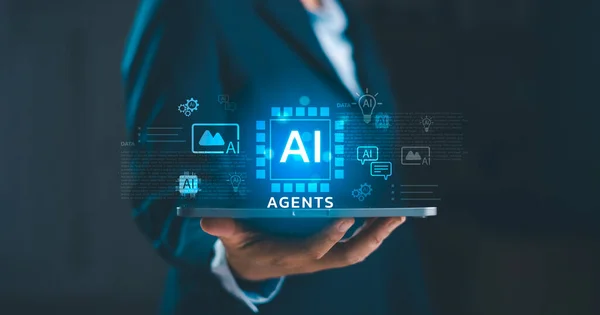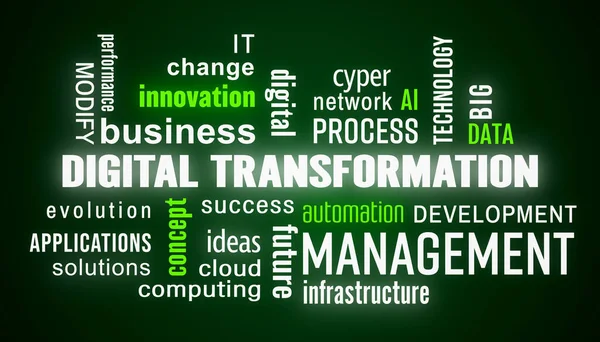
The Rise of Autonomous AI Agents in Digital Transformation
October 15, 2025
AI-AgentsAutonomous AI agents—software entities that perceive, plan, and act—are rapidly moving from research labs into production systems. These agents can orchestrate workflows, execute tasks across systems, and learn from feedback to improve outcomes without constant human supervision.
Here we explore agent capabilities, enterprise use-cases, and how organizations can adopt agentic automation responsibly.
What are Autonomous AI Agents?
Autonomous agents combine LLMs, reinforcement learning, and orchestration layers to perform goal-driven tasks. They may interact with APIs, databases, human users, and other agents to complete complex workflows.
- Goal-directed behavior: Agents pursue objectives and adapt to changing conditions.
- Planning & coordination: Agents break tasks into sub-tasks and collaborate.
- Learning from outcomes: Continuous improvement via feedback loops.
Enterprise Use-Cases
1. Autonomous IT Operations
- Agents detect incidents, open tickets, apply fixes and verify recovery automatically.
2. Sales & Customer Automation
- Agents manage outreach, qualify leads, schedule demos, and update CRM systems.
3. Research & Data Synthesis
- Agents analyze large corpora, summarize findings and generate reports for stakeholders.
Governance & Safety
- Control loops: Human-in-the-loop checkpoints for high-risk actions.
- Access controls: Scoped permissions to prevent abuse.
- Monitoring & auditing: Full traceability of agent decisions and actions.
Conclusion
Autonomous AI agents can dramatically increase operational velocity and reduce human toil when implemented with clear governance and safety controls. Early adopter organizations can achieve significant efficiency and innovation gains.
Raphus Solutions builds enterprise-grade agentic systems with governance, explainability, and secure integrations—helping organizations unlock safe, autonomous automation.
Featured Blogs

Autonomous AI agents are redefining enterprise automation by independently planning, reasoning, and executing business tasks. They are emerging as a core driver of next-generation digital transformation.

AI is reshaping cloud infrastructure by enabling predictive scaling, automated cost optimization, and self-healing systems. Enterprises are modernizing their cloud environments with intelligent automation for improved reliability and efficiency.

AI is transforming business intelligence by enabling predictive analytics, automated insights, and faster decision-making. Modern BI systems use AI to analyze trends, forecast outcomes, and automate business operations for improved efficiency.